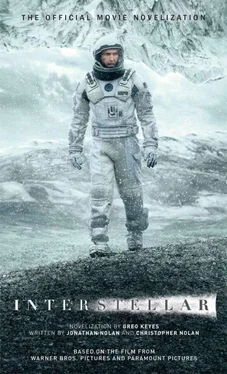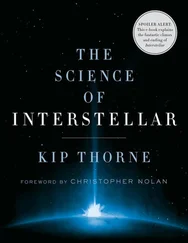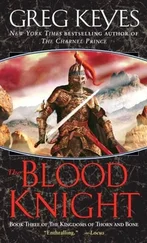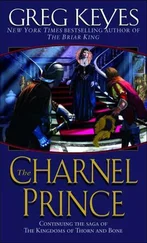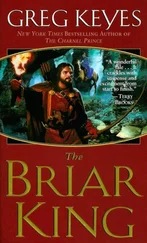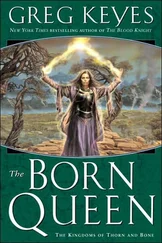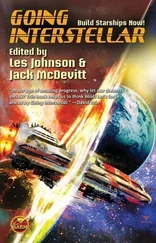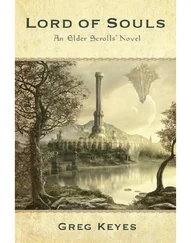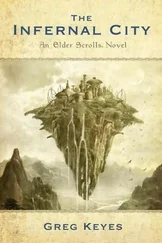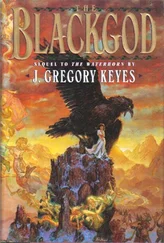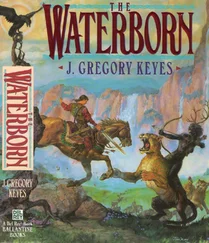He peered at the horizon, at the distorted light of the last stars—the last light—he thought, that he would ever see. Glancing upward, however, he saw the universe as if through a circular window, a porthole opening onto infinity.
There is a beauty to this , he thought, as he watched a glowing plasma jet stream across his field of view. He had never known he could hold terror in one hand and wonder in the other with such perfect balance. And indeed, as the fall sped up, terror began to overbalance a bit.
Trying to keep from hyperventilating, Cooper turned the Ranger down, gasping at the flare of the horizon.
“TARS?” he asked. “Are you there?”
His only answer was static as he watched the lander nose down into the black.
Then Cooper realized he was losing his fight with panic. He’d hoped to go out with some dignity, but now it was all he could do not to scream.
* * *
Far above, Amelia heard Cooper’s breathing. It was becoming louder and louder. Crying, she balled her fists so tight her nails cut into her palms.
And then, abruptly—as his harsh breaths rose toward a crescendo—the radio dimmed out and fell silent.
She stared out into space, the last surviving human crew of the Endurance . Gargantua still filled her field of vision, but every breath she took put thousands of miles between her and the black hole.
For a long time she could not look away. But at last—as she knew she must—Amelia turned from her grief, from what lay behind her, and looked ahead to the distant red orb that was now her destination.
Looking toward hope.
* * *
“It’s totally black,” Cooper said, knowing probably no one could hear him. “No light at all.” He paused. “Brand? Can you hear me?”
* * *
Murph stood in her room, the ruddy light of dusk fading beyond the window pane.
She sat on the bed and looked into the box. She took out the model of the lunar lander, remembering a little ruefully how she had punched that kid for saying the Apollo missions were faked—but even now, not really regretting it or the larger fistfight that followed.
She looked up at the books.
“Come on Murph!” she heard Getty yell from outside. “We don’t have much time.”
* * *
Cooper saw something coming out of the darkness, something glittering and white, like a handful of sand cast by a giant into a whirlwind. As the Ranger plunged into it, it streamed by like glowing diamonds, like sleet seen through high-beams. It was beautiful and terrifying, becoming more the latter as it began to beat against his hull. The entire ship shuddered as the hail became more like red-hot rivets, shredding the Ranger to pieces.
“Fuel cell overload,” his computer informed him. “Destruction imminent. Initiate ejection.”
Into that? his inner voice squeaked. But he didn’t have a choice in the matter, and for the second time in his life he saw the controls ripped involuntarily from his hands, and he was blown out of the Ranger as it broke into a line of explosions running down the infinite rabbit hole, with him right behind. And then Cooper finally screamed, because his mind couldn’t take it, and all that was left was the part of him that couldn’t think but could only react, the part as old as the first primate, the first mammal, the first water-bound worm with a notochord.
Then, without warning, something like a great invisible hand seemed to take him, pull him to the side, away from the stream of debris. And toward—something. Something that somehow didn’t seem to belong here. A grid of some sort—an infinite series of cubbyholes, each square opening nearly identical…
No, not cubbyholes—tunnels, he realized, as without slowing in the slightest he hurtled feet first into one, banging painfully into the side. Still hollering, he began kicking at whatever the walls were made of, and felt some of it give, slowing his fall. It was as if the passage was made of unmortared bricks. It was weirdly familiar, and nothing like what he’d thought he would find in a black hole.
He kicked again, and added his arms and it gave even more. At the same time he sloughed off more of his forward momentum.
He kept at it and slowed further, coming, at last, thankfully, to a stop. For the moment, all was finally calm—no more falling, no more motion at all—just floating in a strange space that seemed more familiar each moment. He had time to wonder if he was dead, or dreaming, or just stuck at the event horizon of the black hole, frozen in time, his mind playing out weird fantasies as it would for the rest of time.
Putting aside the possibilities that he was dead or dreaming—he couldn’t do anything if either was true—he reached out to the wall of the passage. If this was actually happening, then where the hell was he? How could a transdimensional space inside of a black hole be made of bricks?
But they didn’t look like bricks.. For one thing, they were thinner than most bricks, and not as dense. Each had two thick outer edges enclosing hundreds of much thinner lines, like paper…
Like books…
If you were on the wall side of a bookshelf. And from each book streamed a ghostly line of light, as if each book had left a trail. The light created a vast matrix around him, going off in all directions.
He pushed at one of the objects, and it shifted incrementally. He pushed harder, and then harder until finally it popped through and dropped out of sight.
Peering through the gap he saw her. She was ten and her hair was wet. She had a towel around her neck, and she was just turning, startled by the book falling.
“Murph?” he called. “Murph?”
But she didn’t react. She just stood there, gazing at the shelves, at the book on the floor, which he could no longer see. Then she came cautiously toward the shelf and bent down. When she came up she was holding a broken toy.
The lunar lander.
* * *
In the twilight, Murph turned the lander model in her hand, remembering, wondering. Outside, Getty was sounding more frantic. But she felt somehow, there was something here.
* * *
Cooper watched his ten-year-old daughter examine the broken model.
“Murph!” He tried again. “Murph!”
But she still didn’t hear him. She turned and left the room, and he knew where she was going—to the breakfast table, where he would chastise her for being unscientific and not taking care of “our stuff.”
Desperately, he looked around and realized that he was in something like a cube, and each wall of the cube looked into Murph’s room from a different angle, as if the room had been turned inside out, reversed, and put back together. And it wasn’t just the one room, the one bookshelf. He saw now the matrix of light held multiple iterations of the room, maybe infinite, tunnels and passages going in every direction, framed, held together by the light streaming from the books, the walls, the objects in the room.
It was disorienting, and he wished Romilly was there to explain to him what was going on. He had to be operating in more than three dimensions, but since his mind was only built to handle three—well, he figured it was doing its best.
He was still in free-fall. By floating around and using his thrusters, he could effectively move to each iteration of Murph’s room, so he pulled himself to the next one and punched out two more books.
Through the resulting gap he saw an empty bedroom. It didn’t stay empty for long, though. The door opened and—well— he walked in. His younger self, looking bothered about something. A moment later, Murph entered as well.
Cooper slammed into the books, kicked another out, furiously determined to get their attention.
Читать дальше
